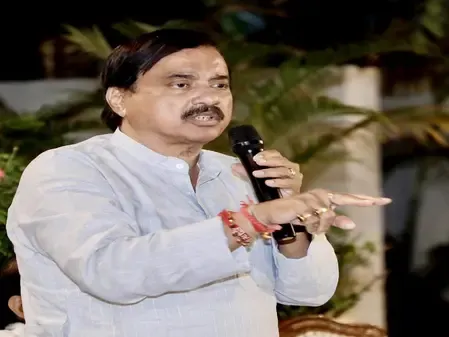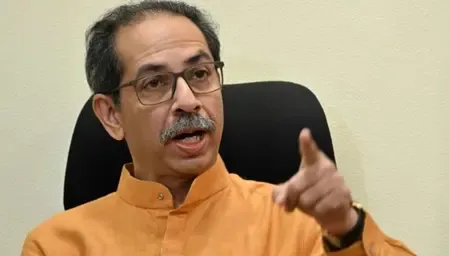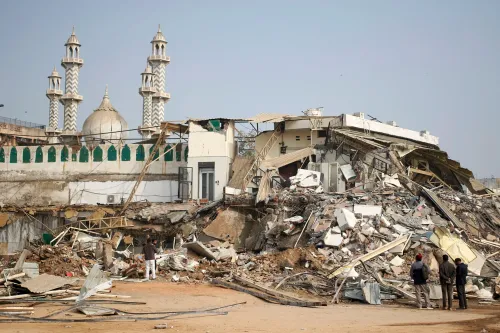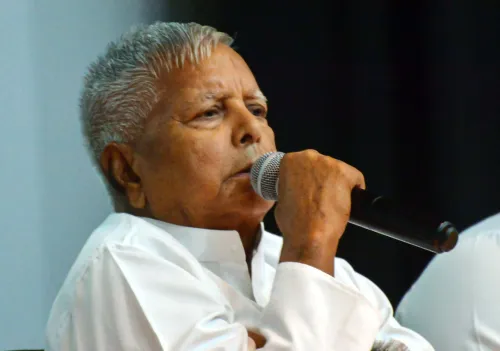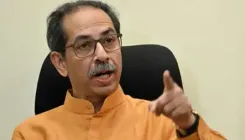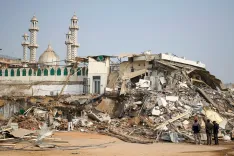Does Arvind Kejriwal Deserve a Nobel Prize for Governance?
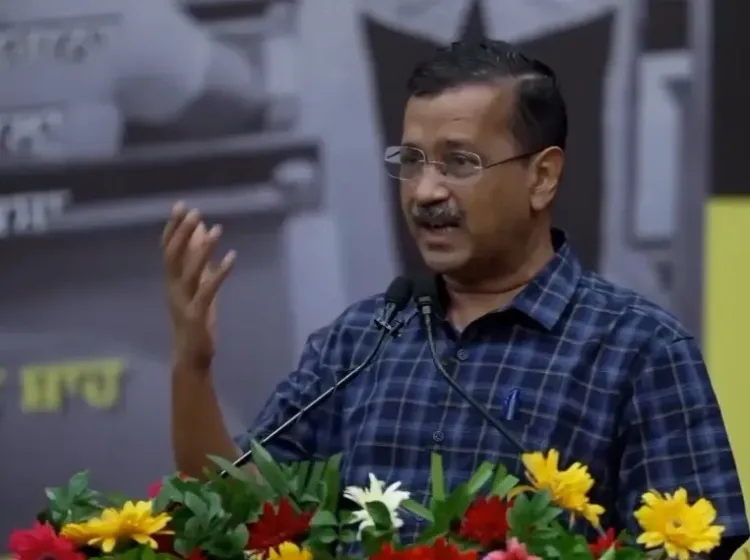
Synopsis
Key Takeaways
- Kejriwal claims he deserves a Nobel Prize for governance.
- He accuses BJP of sabotaging AAP's initiatives.
- The condition of Delhi has worsened under BJP rule, according to Kejriwal.
- AAP's welfare schemes focus on free electricity and water.
- Kejriwal reflects on past challenges in his political journey.
Mohali, July 9 (NationPress) The National Convenor of the Aam Aadmi Party (AAP) and former Chief Minister of Delhi, Arvind Kejriwal, has ignited a new political discourse by asserting that he is worthy of a Nobel Prize for governance and administration, despite what he describes as the ongoing "obstacles" imposed by the BJP-led Central government.
During a public meeting in Mohali, Punjab, Kejriwal stated, "We continued our work despite being hindered throughout our time in power in Delhi. I truly believe I should earn a Nobel Prize for governance due to the extensive efforts I put into my role as CM in Delhi."
Kejriwal has consistently accused Delhi's Lieutenant Governor, V.K. Saxena, of following directives from the Union government to undermine the AAP's initiatives in the national capital.
He reiterated his claim that the BJP has actively sabotaged programs initiated by the AAP through the municipal corporation.
"You might be astonished to learn that the AAP successfully established Mohalla Clinics in Delhi amidst numerous challenges. The BJP-ruled municipal corporation even resorted to demolishing five of these clinics using bulldozers. What did they achieve? They razed all the government Mohalla Clinics," he remarked.
Kejriwal asserted that the condition in Delhi has worsened in the past four months since the BJP assumed power and curtailed the AAP's administrative authority.
"Currently, the residents of Delhi are beginning to recognize the value of the AAP. The BJP has deteriorated the situation in Delhi. Mohalla Clinics are being shut down, the provision of free medicines and tests in hospitals has ceased, and filth is spreading everywhere," Kejriwal emphasized.
The AAP leader also outlined the party's key welfare initiatives.
"Our administration resolved that every household would receive 200 units of free electricity and 20,000 liters of complimentary water," he mentioned.
"In addition, we prioritized education and healthcare," he continued.
The AAP National Convenor asserted that his government has transformed the national conversation surrounding governance.
"We shifted the national narrative. Those who previously focused solely on privatization are now discussing public schools and hospitals," he said.
Reflecting on the power crisis that characterized the beginning of his political career, Kejriwal recounted, "In 2013, I undertook a 15-day fast due to the power crisis. People received exorbitant electricity bills, yet supply was nonexistent."
He added, "I personally climbed poles to connect the wires myself."
Kejriwal's statements have provoked strong reactions from political adversaries, who frequently accuse him of making "false claims."


